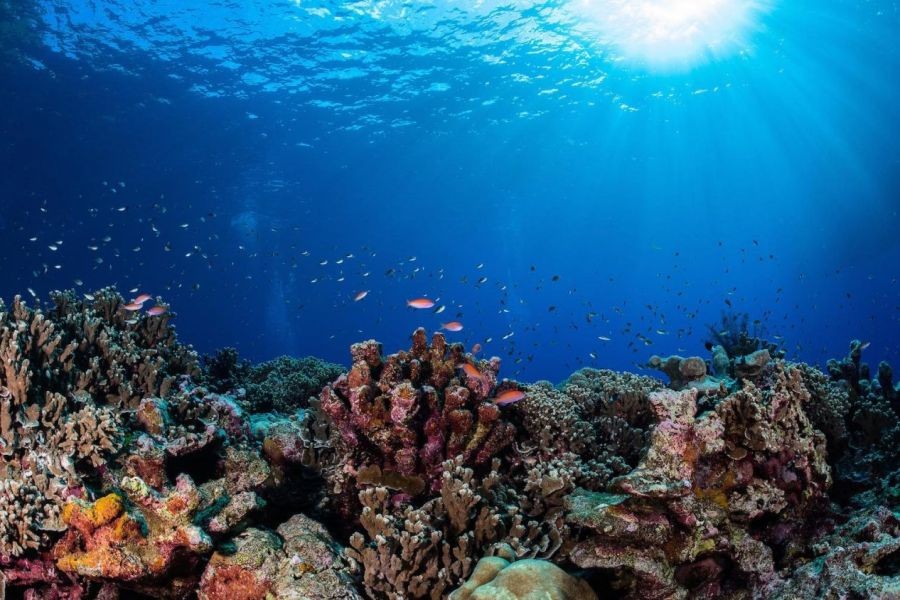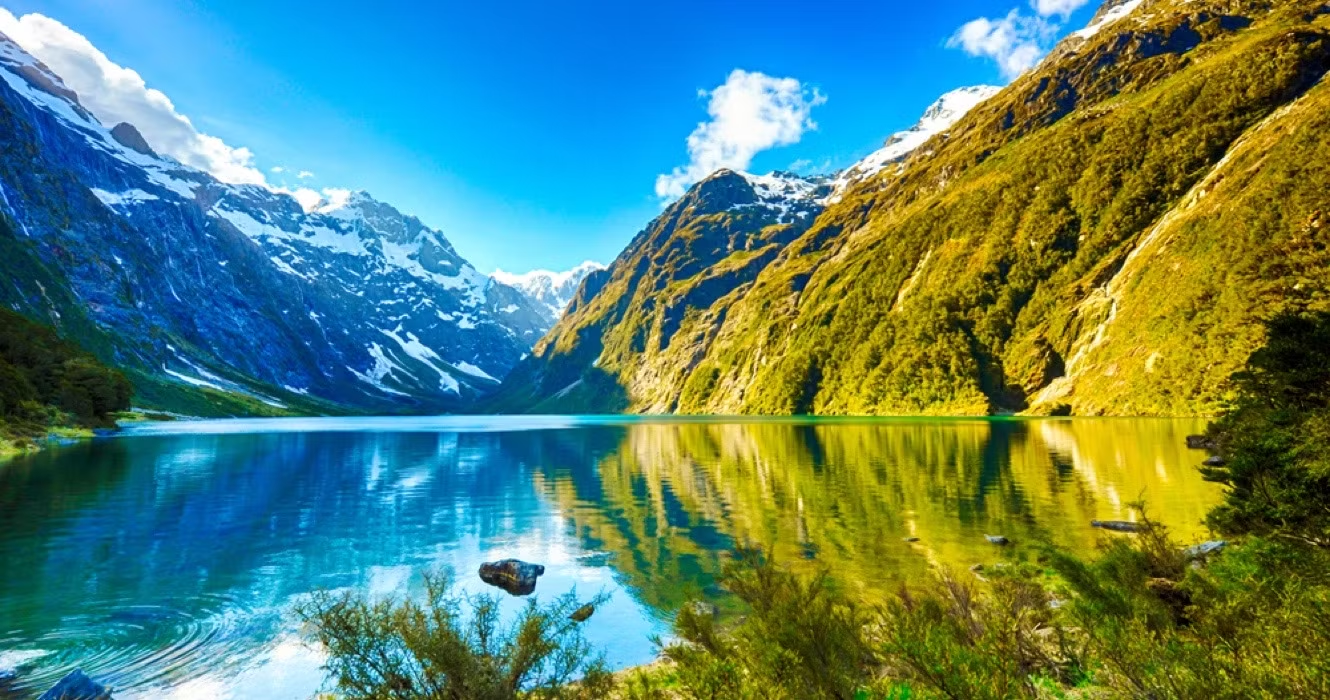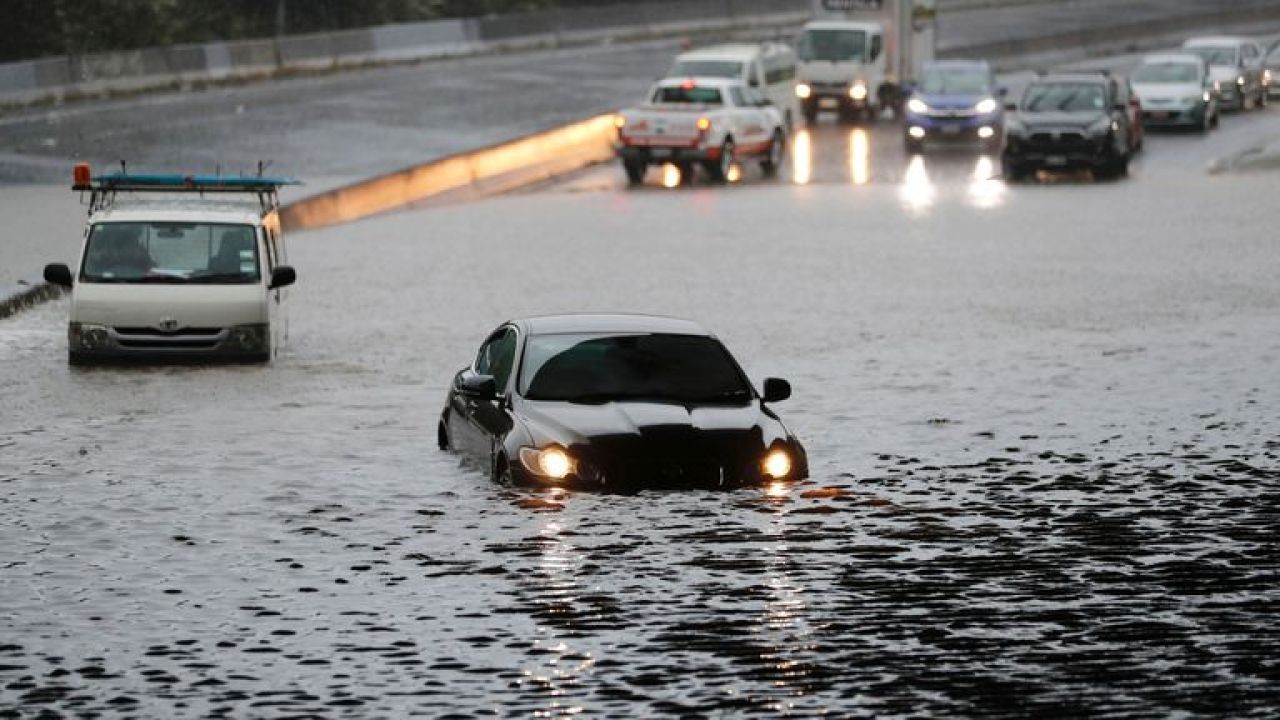New Zealand's role in the Pacific Ocean's conservation efforts is both pivotal and commendable. With its unique geographical positioning and a reputation as a global leader in environmental sustainability, New Zealand is at the forefront of marine protection. The Pacific Ocean, covering approximately one-third of the Earth's surface, is a vital resource for biodiversity, climate regulation, and economic activities. Yet, it faces myriad threats, including overfishing, pollution, and climate change. Understanding New Zealand’s strategies and contributions can provide valuable insights into the global conservation narrative.
The Importance of Marine Conservation for New Zealand
New Zealand’s economy is heavily reliant on the ocean. The Ministry of Business, Innovation and Employment (MBIE) reports that the marine economy contributes over NZD 5 billion annually, driven by industries like fishing, aquaculture, and tourism. These industries support thousands of jobs and are integral to regional communities, particularly in coastal areas. However, the sustainability of these economic activities is directly linked to the health of marine ecosystems.
Furthermore, New Zealand’s cultural identity is intertwined with the ocean. The indigenous Māori have long held a deep spiritual connection with the sea, viewing it as a source of sustenance and a living entity. This cultural perspective fosters a strong national commitment to marine conservation, aligning traditional knowledge with modern scientific practices to protect marine biodiversity.
Case Study: The Kermadec Ocean Sanctuary
Problem: The Kermadec region, located in New Zealand's exclusive economic zone, boasts one of the world's most pristine marine environments. However, it faced threats from potential deep-sea mining and overfishing.
Action: In response, the New Zealand government proposed the Kermadec Ocean Sanctuary in 2015, aiming to protect this area that spans 620,000 square kilometers. The sanctuary would prohibit activities like fishing and mineral extraction, preserving its biodiversity.
Result: Although the sanctuary has faced legal challenges, the initiative has already sparked global discussions on marine protection and inspired similar conservation efforts worldwide. Conservation experts estimate that establishing the sanctuary would significantly bolster New Zealand’s reputation as a leader in marine conservation.
Takeaway: The Kermadec Ocean Sanctuary exemplifies New Zealand's proactive approach to conservation. By balancing ecological preservation with economic interests, New Zealand can ensure long-term sustainability for its marine industries and ecosystems.
Comparative Analysis: Global Marine Conservation Efforts
New Zealand’s marine conservation efforts can be compared to global initiatives, providing insights into best practices and potential pitfalls. One such example is the Great Barrier Reef Marine Park in Australia, which faces similar threats but employs innovative management strategies.
- Australia's Approach: The Great Barrier Reef Marine Park Authority utilizes a zoning plan that allows sustainable activities while protecting critical habitats. This model balances economic benefits with conservation goals, similar to New Zealand’s policies.
- New Zealand's Unique Contribution: New Zealand’s integration of indigenous knowledge in marine conservation provides a holistic approach, enhancing ecological sustainability and cultural heritage preservation.
By comparing these strategies, New Zealand can adapt and enhance its conservation policies, ensuring they remain effective and equitable.
Data-Driven Insights: The Economic Impact of Marine Conservation
According to Stats NZ, the marine economy’s growth has been steady, yet potential threats like climate change could disrupt this trajectory. A 2022 report by the Reserve Bank of New Zealand highlighted that a 1% increase in marine biodiversity protection could boost tourism revenues by approximately NZD 200 million annually. This data underscores the economic rationale for conservation, aligning environmental goals with economic incentives.
Moreover, a Deloitte study on global marine conservation efforts found that countries investing in marine protection see a 20% average increase in fisheries productivity. Applying these insights, New Zealand can enhance its fishery management practices, ensuring sustainable yields and long-term economic benefits.
Common Myths & Mistakes in Marine Conservation
- Myth: "Marine conservation negatively impacts economic growth." Reality: Evidence shows that effective conservation leads to sustainable economic benefits, enhancing tourism and fisheries productivity.
- Myth: "Oceans are too vast to be affected by human activities." Reality: Human activities have significantly impacted marine ecosystems, with pollution and overfishing causing noticeable harm.
- Myth: "Conservation is solely an environmental issue." Reality: Marine conservation is also an economic and cultural issue, affecting livelihoods and cultural identities.
Future Trends & Predictions
Looking ahead, New Zealand is poised to play a crucial role in shaping the future of marine conservation. The MBIE predicts that by 2030, advances in technology, such as satellite monitoring and AI-driven data analysis, will significantly enhance conservation capabilities. These tools can provide real-time insights into marine health, enabling more precise and effective conservation strategies.
Furthermore, as climate change intensifies, New Zealand will need to adapt its conservation policies to address emerging challenges, such as ocean acidification and rising sea levels. Collaborative international efforts will be essential in tackling these global issues, with New Zealand positioned to lead by example.
Conclusion: A Call to Action
New Zealand’s commitment to marine conservation is not just a responsibility but a strategic advantage, ensuring the sustainability of its marine economy and cultural heritage. As individuals and businesses, we have a role to play in supporting these efforts. By advocating for sustainable practices and policies, we can contribute to a healthier Pacific Ocean.
What steps can you take today to support marine conservation in New Zealand? Share your thoughts and join the conversation to help protect our precious marine ecosystems.
People Also Ask (FAQ)
- How does marine conservation impact New Zealand's economy? Marine conservation enhances tourism and fisheries, contributing over NZD 5 billion annually to the economy, according to MBIE.
- What are the biggest misconceptions about marine conservation? One myth is that conservation harms economic growth, but studies show it leads to sustainable economic benefits.
Related Search Queries
- New Zealand marine conservation efforts
- Pacific Ocean biodiversity protection
- Kermadec Ocean Sanctuary
- Impact of climate change on New Zealand's marine life
- Marine economy in New Zealand































